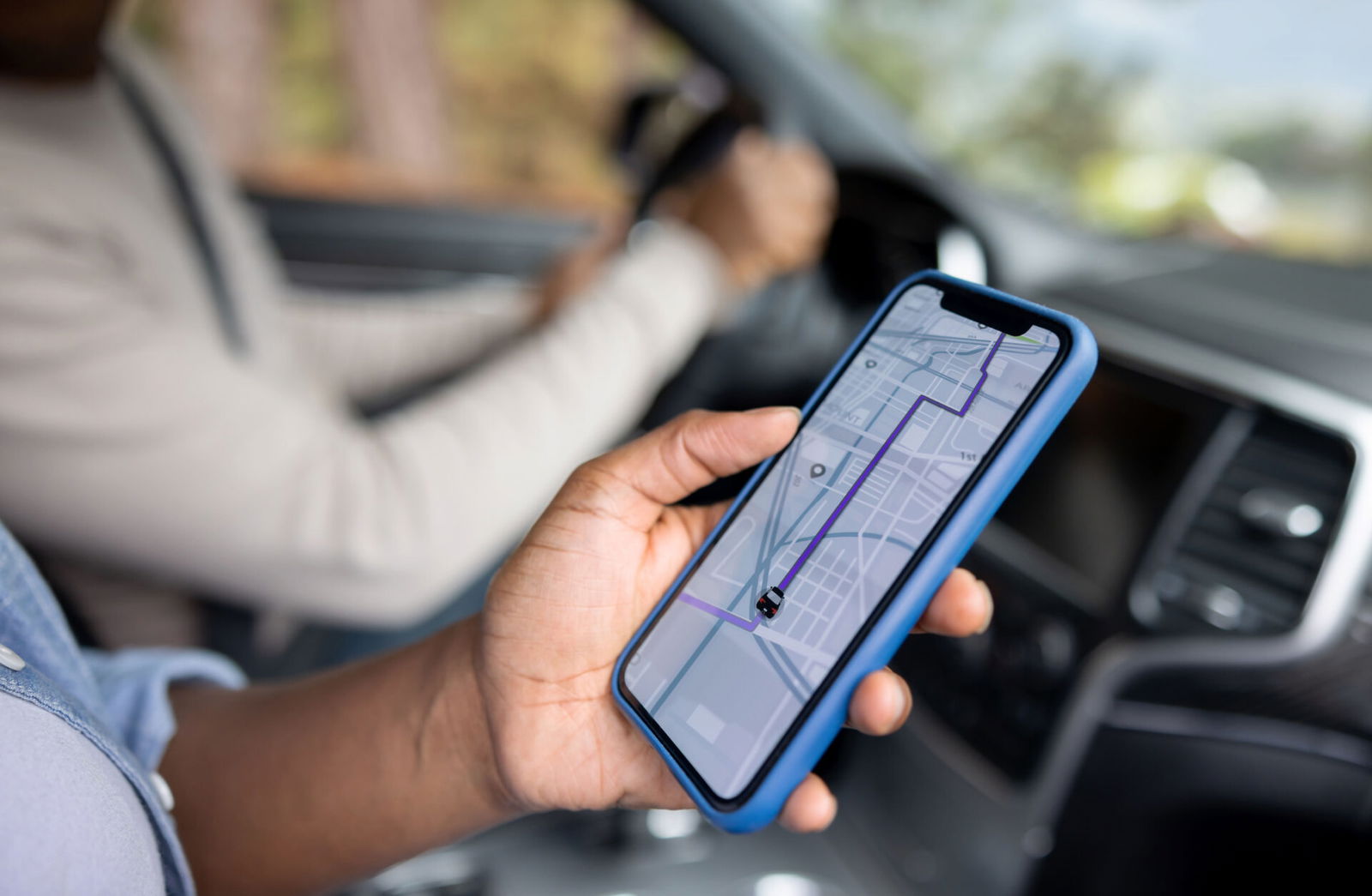
December 15, 2023
5 Essential Safety Tips Every Rideshare Driver Should Know
Women drivers are also at risk of unsafe environments and unwanted contact.
Over the past decade, ride-sharing apps have seen a tremendous increase in drivers. Unfortunately, reports of rideshare sexual and physical assault have also surged, leading to piling lawsuits. With safety initiatives underway, many women are still behind the ride-sharing wheel and moving toward their financial goals.
According to Business Insider, the women drivers at Lyft make up about 23%, while approximately 20% of Uber drivers were women in 2020. But this disparity shines a light on the history of reported assault incidents — with allegations ranging from groping to rape to kidnapping — and backlash against inadequate safeguards.
In recent years, a number of passengers have sued Lyft and Uber for not properly vetting hires, negligence in ensuring safety, and slow or no responses to incident reports. Women drivers have also been at risk of unsafe environments and unwanted contact. In 2022, Lyft faced 17 new lawsuits from users across the United States for failing to protect drivers and passengers from sexual and physical assault. Of the 17 lawsuits, 14 were filed by victims of sexual assault. That same year, Uber released a U.S. safety report that cited more than 3,000 sexual harassment and assault incidents from 2019 to 2020, compared to the 5,981 incidents that occurred between 2017 and 2018.
Lyft and Uber both took measures to address the massive sexual assault problem. The former launched a “Women Connect” option in September 2023 in 55 U.S. cities to connect women drivers and riders. Similarly, Uber launched a “Women Rider Preference” feature that allows women drivers across 30 countries to express a preference for picking up women riders. This feature has not launched in the United States, however.
Here are five safety tips to make the ride a smoother one.
Safety Tips For Drivers
- Check the customer’s rating and pickup area. Start each ride by confirming your rider’s name. Remember to confirm your rider’s name before unlocking your vehicle and inviting them in. Declining rides can reduce risks.
- Avoid certain conversations. Sometimes, de-escalating a potentially risky situation is knowing when to say something or not.
- Follow your instincts. Your personal safety always comes first. That’s why it’s important to trust your gut. Don’t hesitate to take emergency measures if you’re in an uncomfortable or unsafe place or situation.
- Stay aware and alert. If you notice suspicious behavior or find yourself in an uncomfortable situation, discreetly connect with emergency services or 911.
- Report the incident. Don’t hesitate.
Follow Black-Owned Ride-sharing Apps
If you want to leave Uber or Lyft behind, here are four ambitious Black-owned ride-sharing companies that are committed to safety.
- HERide: Available for service in Atlanta and Athens, Georgia, this Black-owned, female-friendly ride-sharing platform is putting safety first. It boasts better pay for drivers and peace of mind for everyone.
- Black Wolf: A Black-owned private security company, Black Wolf takes pride in providing a high level of protection and ride experience for the whole family. What’s more, drivers are armed, licensed gun carriers in case of a dangerous event. Black Wolf company invites you to join its “personal protection ride-hail app.”
- Moovn: Join the Moovnment, where the transformation of urban mobility takes in several cities like New York, Washington, D.C., and Chicago. The platform offers not only rides but options to buy and sell products online. You can even opt to have packages delivered right to your doorstep.
- Go Girl Ride: This Black-owned, womxn, femme, and non-binary ride service is based in Portland, Oregon. The company strives to keep its diverse community safe by connecting riders and drivers.
RELATED CONTENT: 55-Year-Old Lyft Driver Sexually Assaulted In Georgia